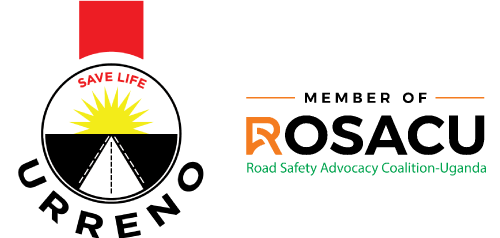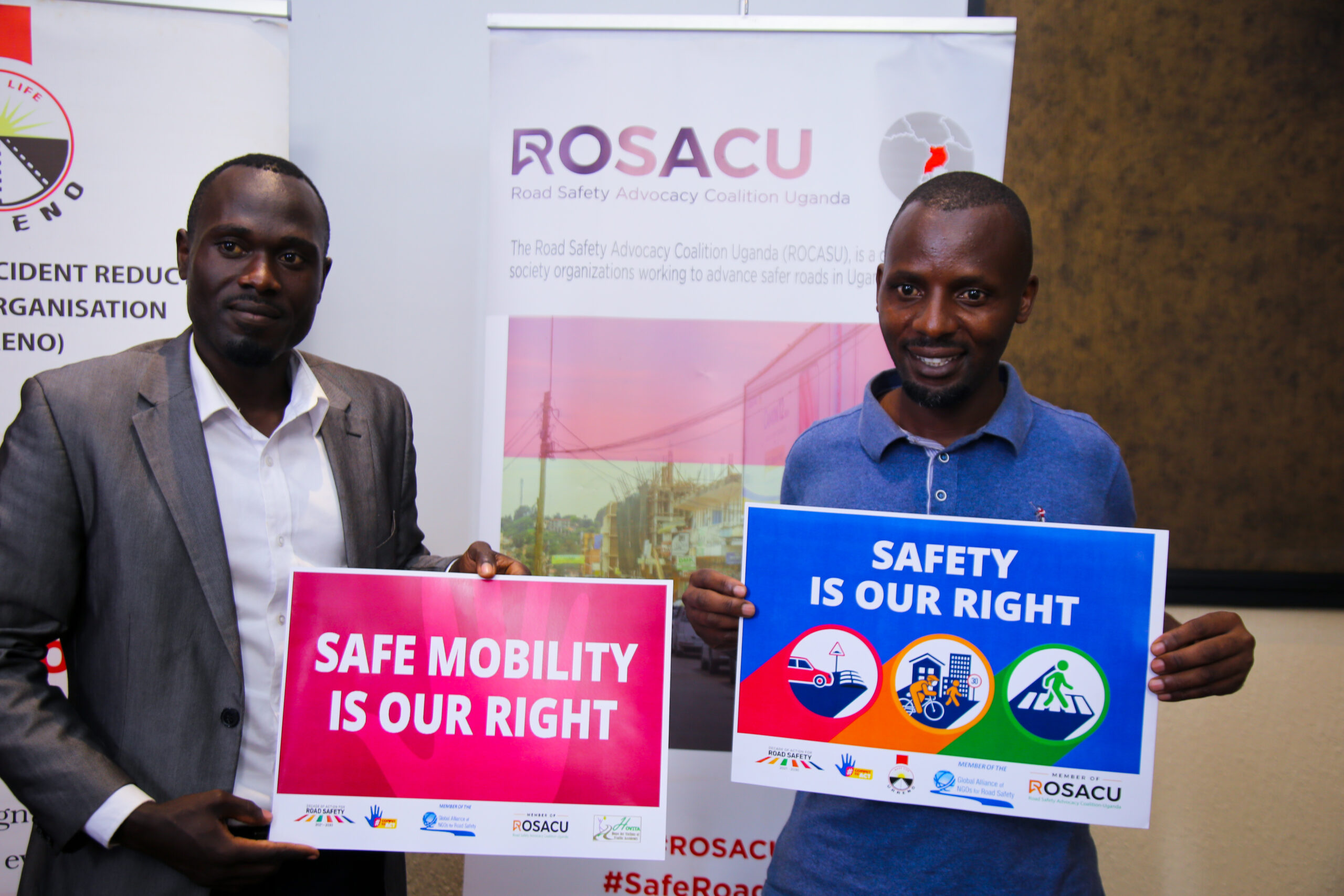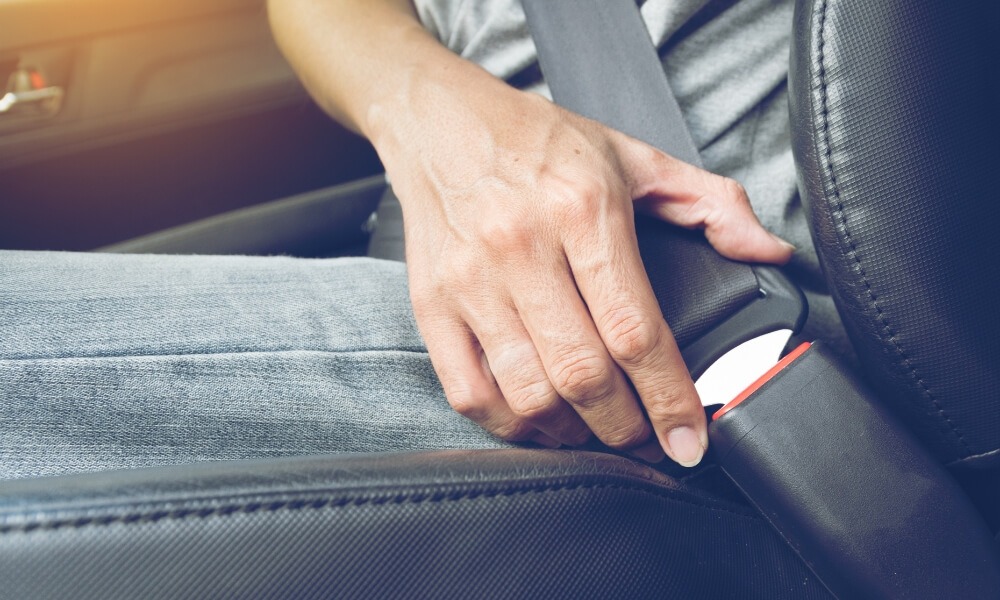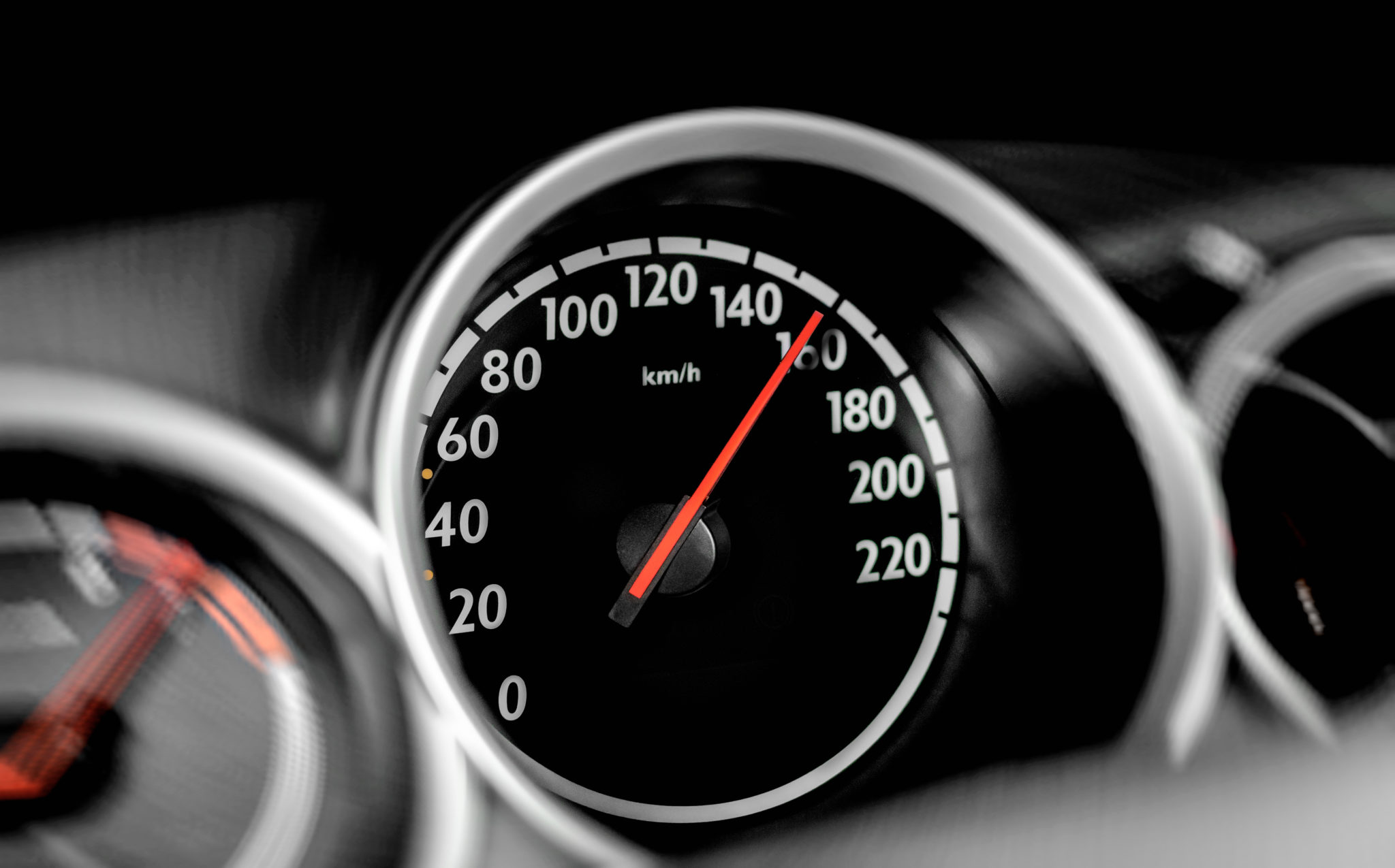
Saving Lives on Two Wheels: Tackling the Boda Boda Safety Crisis in Uganda
Motorcycles are not just transforming the transport/mobility industry-they are reshaping the economic landscape, especially in low- and Middle-income Countries (LMICs). In East Africa the rise of motorcycles commonly known as boda bodas is really undeniable. They have become a vital part of the transport system bridging the public transport gap in both urban and rural areas. More than that they are also a source of income, particularly for the unemployed youth who see boda bodas as a quick way to earn a living.
In Uganda we have over 1 million boda bodas on the road- almost equal to the country’s estimated 2.1million vehicles. with boda bodas becoming increasingly affordable and accessible, its easy to see why many young people are turning this mode of transport as a means of livelihood. For some its out of passion while others its out of frustration, a lack of alternatives that pushes them onto the saddle often without formal training or knowledge of traffic rules. while boda boda plays a critical role in our economy, the human cost is becoming too high to ignore
Boda bodas are involved in an alarming number of road traffic injuries and fatalities in Uganda. While According to the WHO, Global status report on Road Safety indicate that motorbikes account for one-third of all road traffic fatalities. Motorcycle-related crashes in Uganda have climbed by 13.2% over the last three years, from 2022 to 2024.According to recent health facility reports, they are among the leading causes of trauma admissions. The dangers are compounded by risky behaviours such as speeding, overloading, and drink driving—often fuelled by a lack of enforcement and awareness. Many riders navigate traffic without helmets, while passengers—including children—cling on without any form of protective gear.
Where as some other studies have shown that wearing a helmet correctly can reduce the risk of death by more than six times, in Uganda high quality helmets are often said to be unaffordable and unavailable especially in rural areas according to URRENO’s finding in west Nile particularly Koboko-yumbe-moyo corridor which is just a fraction of Uganda boda population. We further noticed that there is low levels of training and licencing among boda boda riders. This is also coupled with overloaded boda bodas-carrying up to four people or heavy goods intensify the danger especially on poor road networks. Many riders have entered the trade informally, without basic Road safety Education or Understanding the traffic laws.
However, enforcement alone is not enough. that is why police makers and road safety CSO’s must tackle the barriers to compliance by making helmets affordable and accessible, ensuring that safety gears meet the national standards and expanding training programs for boda boda riders. Coupled up with community sensitisation and engagement, these are key to shifting attitudes behaviour change. Community sensitization and engagement are key to shifting attitudes and saving lives. The boda boda sector is here to stay. But so too is the responsibility to make it safer—for the riders, the passengers, and everyone who shares the r



